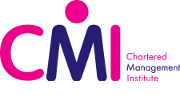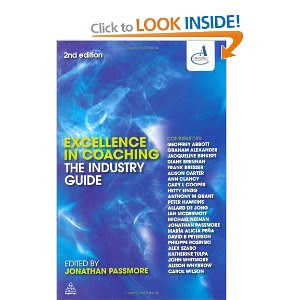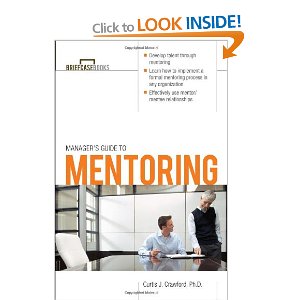Higher Apprenticeship in Management
Chartered Management Institute (CMI) offer the Higher Apprenticeship in Management (Level 5)
“Apprenticeships are structured training programmes undertaken within a working environment. They use the skills and knowledge gained through work to provide learners with recognised qualifications. Apprenticeships can be undertaken by anyone over sixteen and provide a great way of gaining a qualification whilst continuing to earn a wage.
There is no fixed time frame for the completion of an apprenticeship, but each apprenticeship typically takes between one and four years, depending on its size and level of difficulty.
There are currently over 4 million people employed in Management positions in the UK, with a real need to encourage the new generation of young people to progress through the management qualifications to address the future skills needs of organisations in the UK. The Apprenticeship should go some way to addressing those skill needs, providing excellent progression routes through a variety of work based and off the job training, and with an abundance of further and higher education options, such as foundation degrees and degree courses.
Learn with CMI and receive more value for your investment with qualifications standards that are second to none.”
|
|
|
|
|
|
Employee Rights and Responsibilities (ERR) Workbook
Functional Skills Level 2 Functional Skill in English/Communication Level 2 Functional Skill in Mathematics
Level 2 Functional Skill in ICT
“Personal Learning and Thinking Skills (PLTS)
Personal Learning and Thinking Skills (PLTS) are generic skills that are essential to life, learning and work. PLTS have a significant impact on a person’s ability to make a confident contribution, both within and outside of their working environment.
The PLTS Framework comprises six groups:
- Independent enquirers
- Creative thinkers
- Reflective learners
- Team workers
- Self-managers
- Effective participants
Some of the PLTS requirements are embedded within the mandatory units of the apprenticeship competence and knowledge qualifications.
CMI are conducting a further mapping exercise to map the remaining PLTS to the CMI Knowledge Qualification, details will be available shortly.
Guided Learning Hours (GLH)
The total on- and off-the-job GLH for the framework is 606 hours.
The total off-the-job GLH is 197 hours (33% of the total GLH).”





















